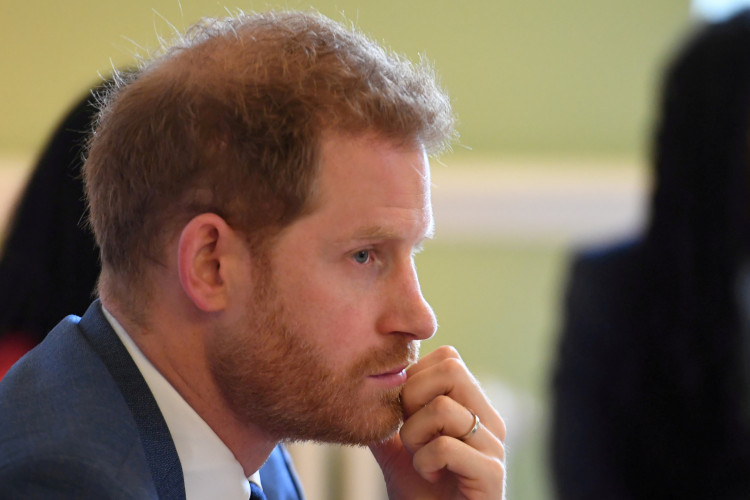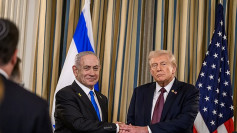The U.S. Department of Homeland Security (DHS) has agreed to release three redacted items from Prince Harry's immigration records, a move that could provide insight into whether the Duke of Sussex disclosed his past drug use when applying for a U.S. visa.
The decision, disclosed in a court filing on Thursday, marks a significant shift in the legal battle over Prince Harry's visa status. A fourth item will remain sealed after a judge ruled it contained information that should remain private.
Heritage Foundation's Lawsuit and DHS Reversal
The case stems from a lawsuit filed by the Heritage Foundation, a conservative think tank, which has pushed for the release of Prince Harry's immigration records under the Freedom of Information Act (FOIA). The group argues that Harry may have improperly received his visa despite admitting to using cocaine, cannabis, and psychedelic mushrooms in his memoir Spare and subsequent interviews.
DHS initially refused the FOIA request, citing privacy concerns. However, U.S. District Judge Carl Nichols in Washington, D.C., who had previously ruled in favor of maintaining the royal's privacy in September 2023, has since reconsidered his position.
"I'm going to take this in stages," Judge Nichols said in a recent hearing, signaling that further disclosures could follow.
DHS lawyers have until March 6 to submit redacted versions of the three approved documents for court review.
Potential Consequences for Prince Harry's Immigration Status
The Heritage Foundation has argued that Harry should be held to the same legal standards as other immigrants, and if he failed to disclose drug use, he could face revocation of his visa or possible deportation.
Nile Gardiner, director of the Heritage Foundation's Margaret Thatcher Center for Freedom, has directly appealed to President Donald Trump to release the full immigration files.
President Trump had "made border security and the application of the rule of law a top priority," Gardiner said.
Trump's Comments on Prince Harry's U.S. Status
The case has gained political attention, particularly as Donald Trump returned to the White House for a second term.
When asked recently whether he would deport Prince Harry, Trump told the New York Post: "I don't want to do that. I'll leave him alone. He's got enough problems with his wife. She's terrible."
However, during an earlier March 2024 interview with GB News, Trump suggested that Harry should not receive special treatment regarding his visa application.
"No. We'll have to see if they know something about the drugs, and if he lied, they'll have to take appropriate action," Trump said at the time.
The former president has previously criticized Harry and Meghan Markle, claiming that the Duke had "betrayed" Queen Elizabeth II by publicly discussing private royal family matters.
Legal Experts Weigh In
Immigration lawyers have noted that U.S. immigration law allows visa denial or revocation if an applicant admits to drug use, but enforcement can be discretionary.
John Bardo, a DHS attorney, stated in court filings that the department would "propose redacting all information in these items that would reveal information that the Court has determined Defendant can withhold."
Bardo also emphasized that the fourth document could not be unsealed without disclosing protected details, though its contents remain unknown.
Broader Implications for the Sussexes
The legal battle has intensified public scrutiny of Prince Harry's residency in the U.S., where he has lived since 2020 after stepping down from royal duties.
The Duke and Duchess of Sussex have maintained silence on the case, with their representatives declining to comment.
The latest court decision also comes amid rising tensions between Trump and the Sussexes, whose relationship with the former president has been fraught since 2016, when Meghan Markle called Trump "misogynist" and "divisive".
Trump later referred to Meghan as "nasty" but later retracted his comments, saying she was "very nice."
What's Next?
With DHS set to submit redacted records by March 6, it remains unclear how much information about Prince Harry's visa application will be made public.
Judge Nichols has indicated he wants maximum transparency, but DHS could still argue for further restrictions before any documents are released to the public.






